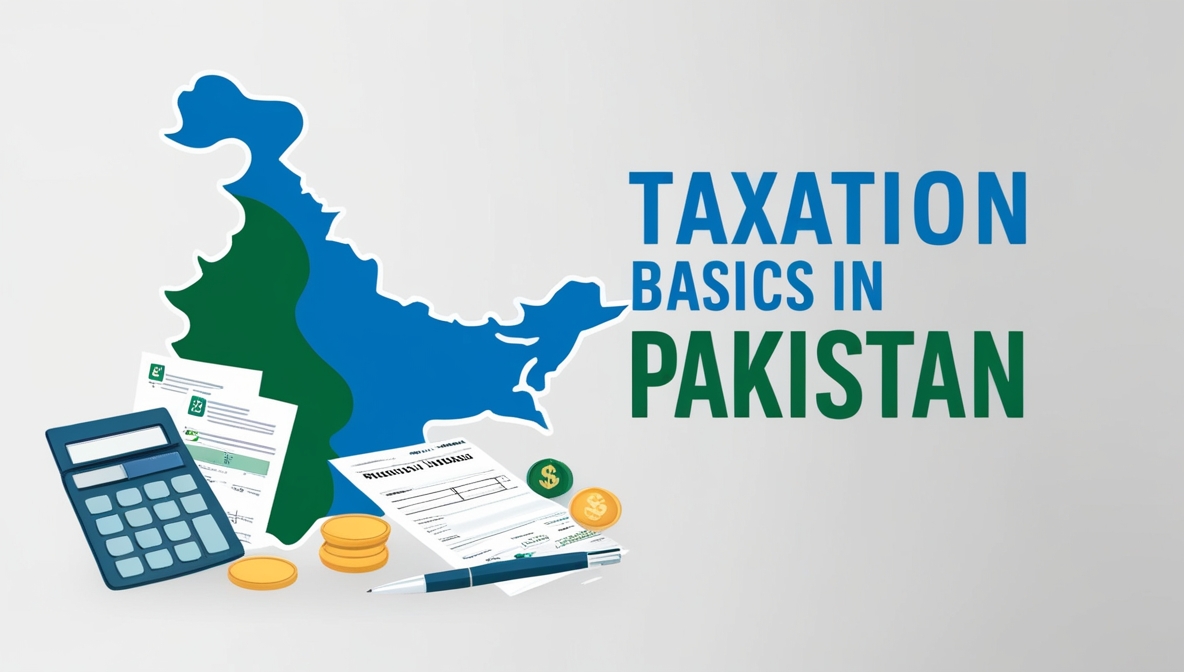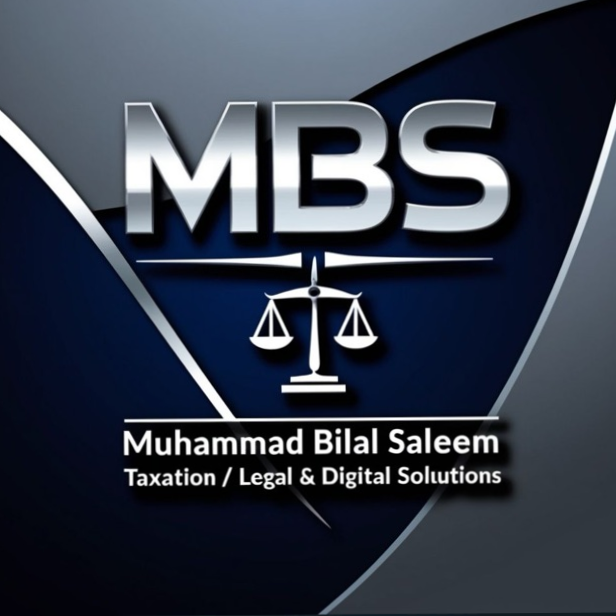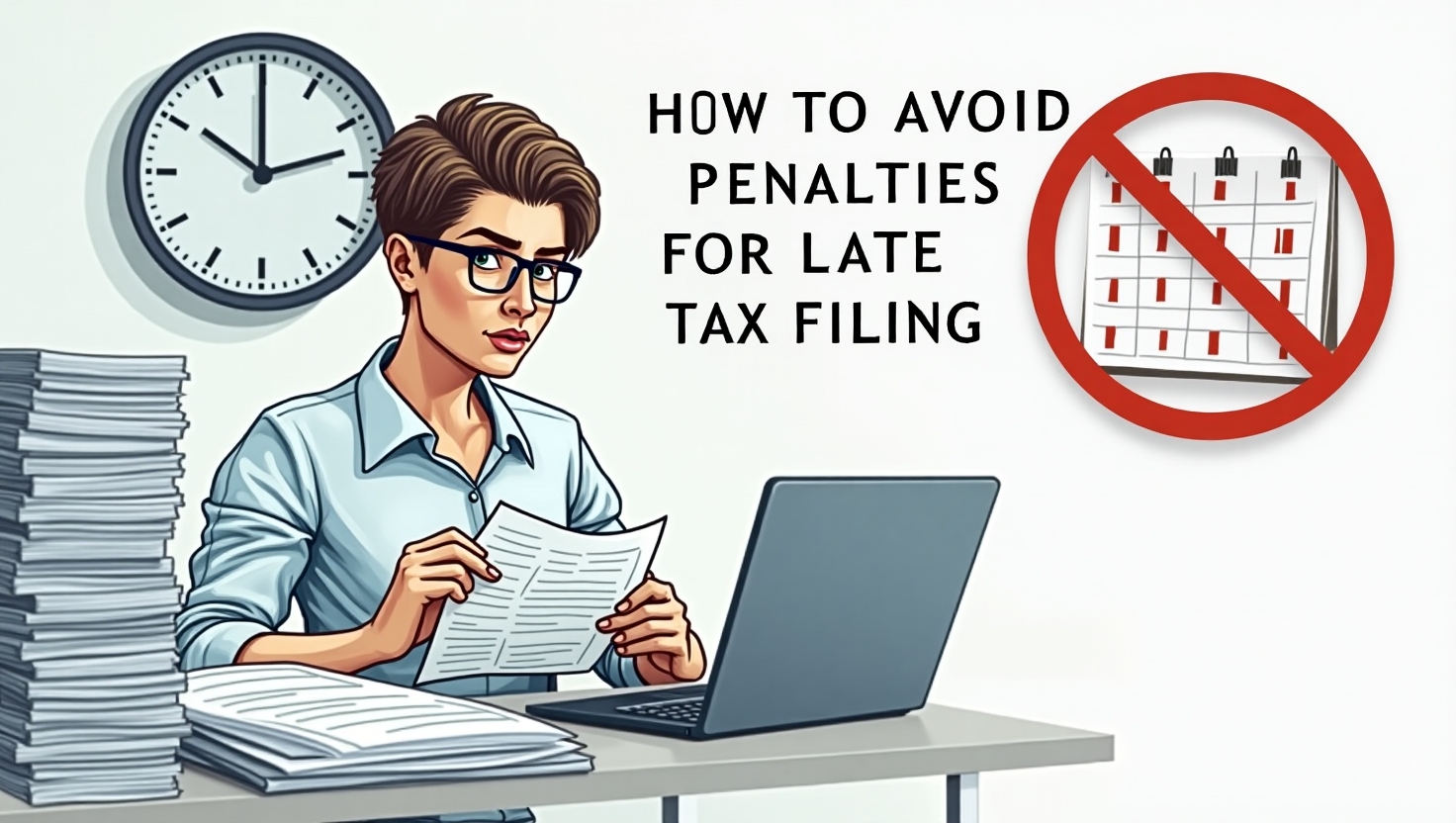
Taxes are a crucial part of any country’s economic system, and Pakistan is no different. However, for many people, understanding the basics of taxation can seem overwhelming. Whether you’re an individual looking to file your taxes for the first time or a business owner trying to make sense of tax obligations, this guide will break down the fundamentals of taxation in Pakistan and help you understand the process clearly.
What is Taxation?
At its core, taxation is the process by which the government collects money from individuals and businesses to fund public services and infrastructure. This can include everything from roads and schools to healthcare and social welfare programs. Taxes are essential for the functioning of a country’s economy, and they are required by law.
In Pakistan, taxes are levied by the federal and provincial governments, and they play a key role in ensuring the smooth functioning of the country’s economy.
Who Needs to Pay Taxes?
The simple answer: anyone who earns money or owns property.
- Individuals: If you’re working and earning a salary or running a business, you’re likely required to pay taxes. People with a monthly income over a certain threshold are expected to file an income tax return.
- Businesses: All businesses, regardless of size, are obligated to pay taxes based on their revenue and profits. Larger companies may have more complex tax obligations, while smaller ones may qualify for exemptions or reduced rates.
- Property Owners: If you own property, whether residential or commercial, you’re liable for property tax. This tax varies depending on the location and value of the property.
Common Types of Taxes in Pakistan
In Pakistan, there are several types of taxes that individuals and businesses must be aware of:
- Income Tax:
- Individuals: If you earn an income above a certain amount, you must file an income tax return. The rate varies based on your income level.
- Businesses: Businesses must pay income tax based on their profits. Tax rates vary depending on the nature and size of the business.
- Sales Tax (GST):
- Known as Goods and Services Tax (GST), this is a consumption tax that businesses charge on products and services sold. The rate can vary, but most goods and services are subject to GST in Pakistan.
- Property Tax:
- Property tax is levied by provincial authorities on the ownership or occupation of property. The rate depends on the type and value of the property, as well as its location.
- Other Taxes:
- Withholding Tax: This is a tax deducted at source. For example, if you’re a freelancer or contractor, clients may deduct tax from your payment before disbursing it.
- Customs Duties: These are taxes imposed on imported goods.
How to File Taxes in Pakistan
Filing taxes might seem complicated at first, but with the right steps, it can become a smooth process. Here’s a basic guide on how to file your taxes:
- Obtain a National Tax Number (NTN):
- Before you can file taxes, you need an NTN, which can be obtained from the Federal Board of Revenue (FBR).
- Prepare Your Documents:
- Gather documents such as income statements, tax deduction receipts, bank statements, and any other paperwork related to your income and expenses.
- Register on the FBR Portal:
- The FBR provides an online portal for filing taxes. You can create an account, log in, and file your tax return electronically.
- Submit Your Tax Return:
- Fill out the tax return form accurately. Ensure that all your income, deductions, and credits are properly reported.
- Pay Your Taxes:
- After filing, if you owe taxes, make the payment through the available channels (banks, online payment systems, etc.).
Common Tax Deductions and Benefits
Pakistan’s tax system allows for several deductions and exemptions that can lower your taxable income. These may include:
- Charitable Donations: You can deduct donations made to registered charities.
- Education and Healthcare Expenses: Certain expenses related to education or medical treatment may be deductible.
- Investment in Approved Schemes: Investments in government-approved savings and investment plans can lead to tax relief.
- Tax Credits: You may be eligible for tax credits based on specific circumstances, such as investing in renewable energy or contributing to pension funds.
Why is Taxation Important?
Understanding taxation isn’t just about complying with the law—it’s about managing your financial future. Paying taxes allows you to contribute to the country’s infrastructure and welfare programs. Additionally, staying on top of your tax obligations can help you avoid penalties, interest, and potential legal issues.
Conclusion
Whether you’re a first-time filer or someone looking for ways to optimize your tax situation, understanding the basics of taxation is essential. By familiarizing yourself with the types of taxes in Pakistan, the filing process, and available deductions, you’ll be better equipped to handle your taxes efficiently.
At MBS Taxation, we’re committed to providing you with the knowledge and resources you need to navigate Pakistan’s tax landscape. If you need further assistance or have any questions, feel free to reach out to us for personalized tax advice.
Contact Us:
Email: muhammadbilalsaleem555@gmail.com
FAQs

